WMM BLOG
POV: In The Business of Elevating Filmmakers - WMM CEO Sam Mestman
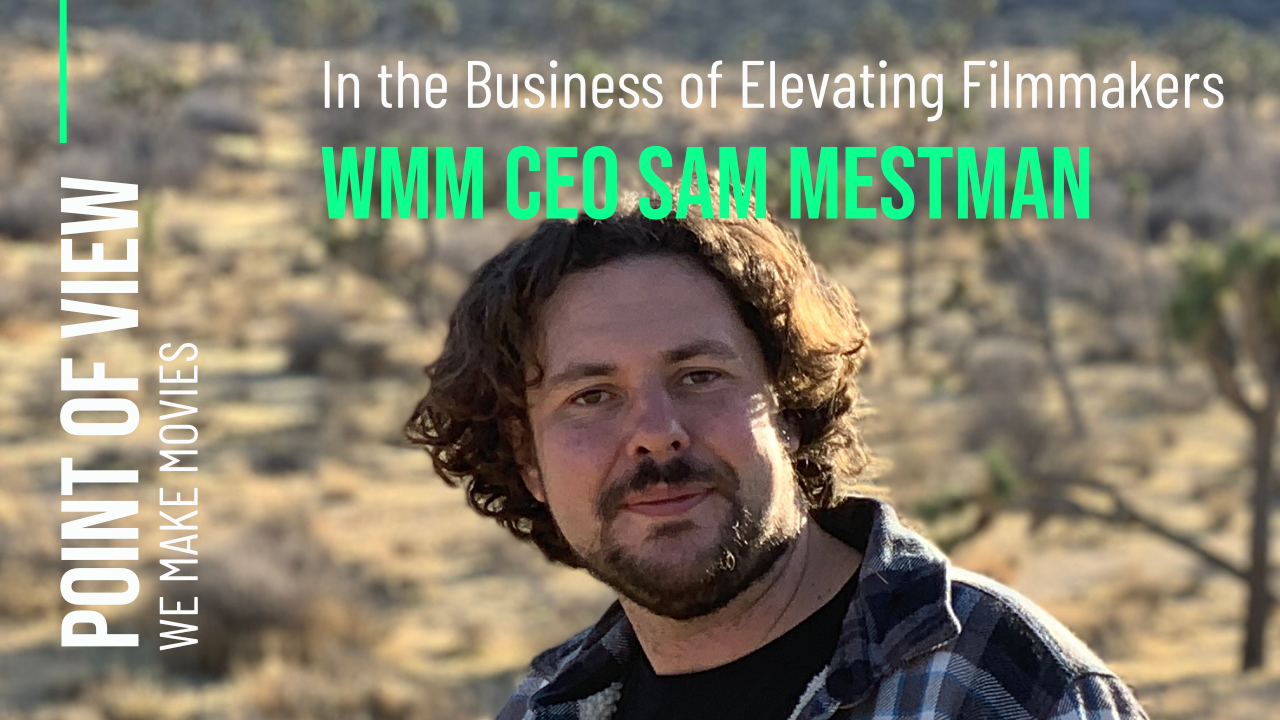
Smartphonestudio.tv Is Here: WMM x Apple Deliver Free Tutorials
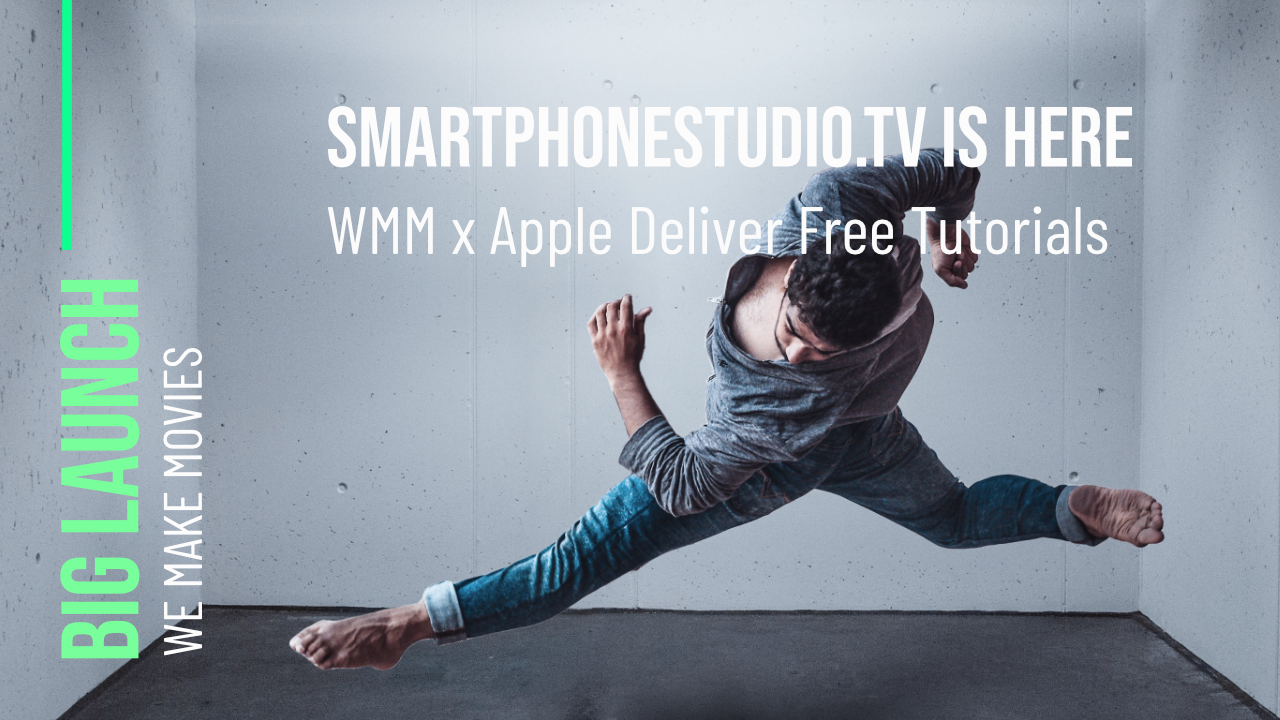
We Make Movies and Apple have banded together once more to launch the new educational platform SMARTPHONESTUDIO.TV, dedicated to teaching you how to shoot, edit and upload professional content using the camera you already have in your pocket. Content creators and filmmakers anywhere in the world can now access 20 free tutorials on shooting with FilmicPro, capturing second source audio with Apogee's MetaRecorder, and editing with Apple’s Final Cut Pro and LumaFusion (by LumaTouch).
POV: Film Financing Silicon Valley Style - Rob Ness
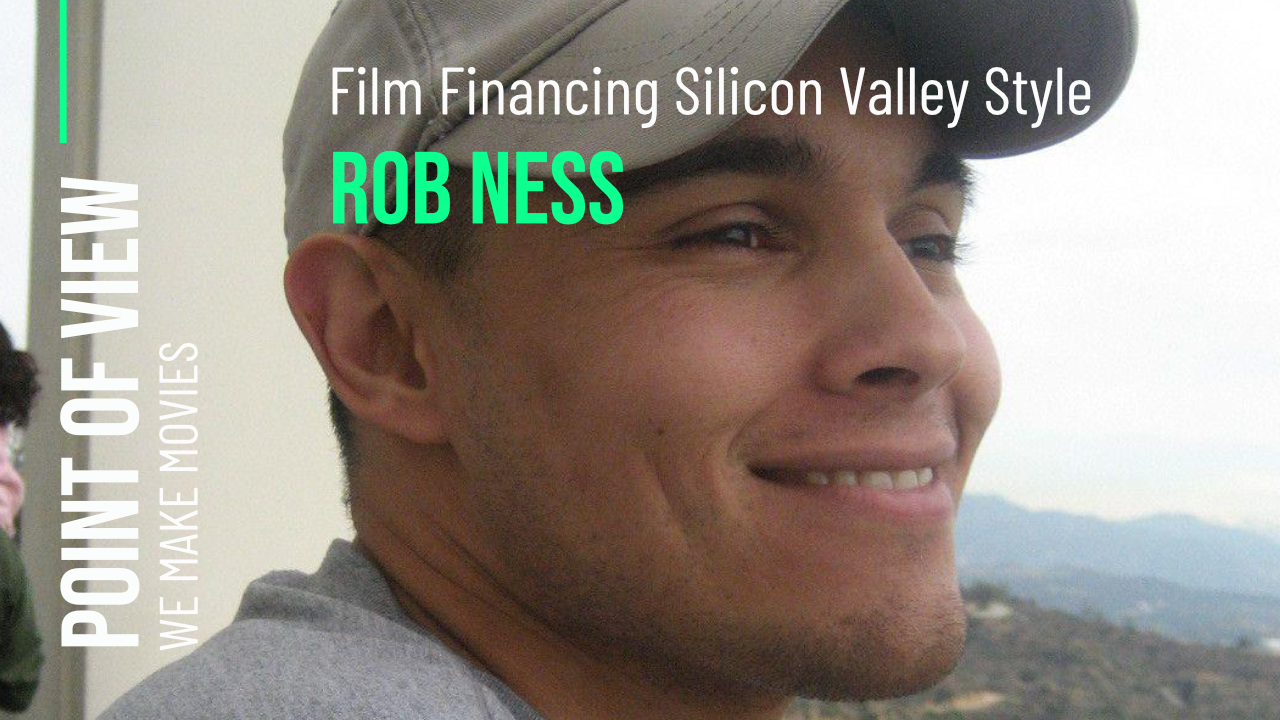
POV: Director of WMMIntl Film Festival Whit Spurgeon
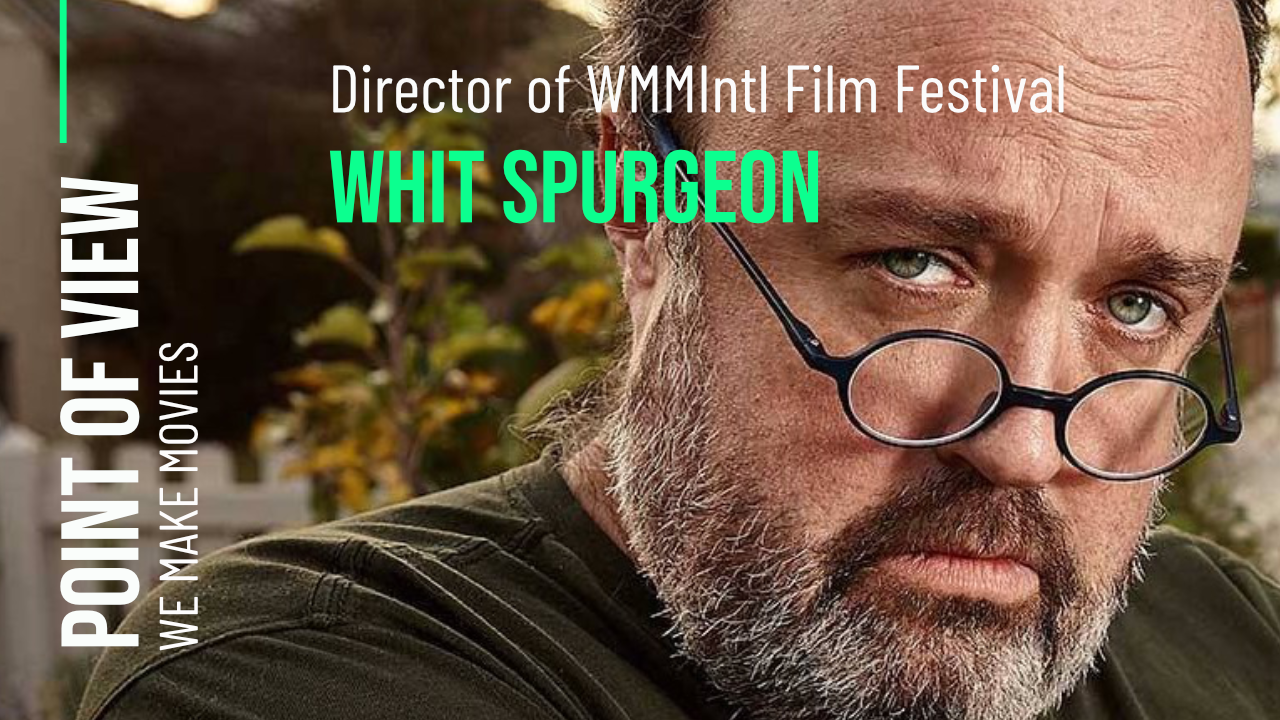
Cinephile and tastemaker, Whit Spurgeon has been a gift to the WMM community since he first joined almost a decade ago. As an actor, he has flavored many staged readings with his unique presence and sturdy character work, and graced dozens of projects that have come out of the Lab pipeline. As a filmmaker, he has used WMM the way one should -- by absorbing as much knowledge from those with more experience, surrounding himself with equally proficient and determined artists, contributing to the creative conversation, and then going out there and actually telling bold and colorful stories to the best of his ability.
As the Director of WMMIntl Film Festival he incorporates his voracious appetite for all things film, management prowess, foresight, and unadulterated enthusiasm into cultivating a stellar experience for both the audience and filmmaker alike. We are excited to introduce you to the talent and soul of our friend and constant collaborator Whit Spurgeon.
WMM: How do you think gr...
POV: The Filmmaker's Filmmaker - Felix Werner
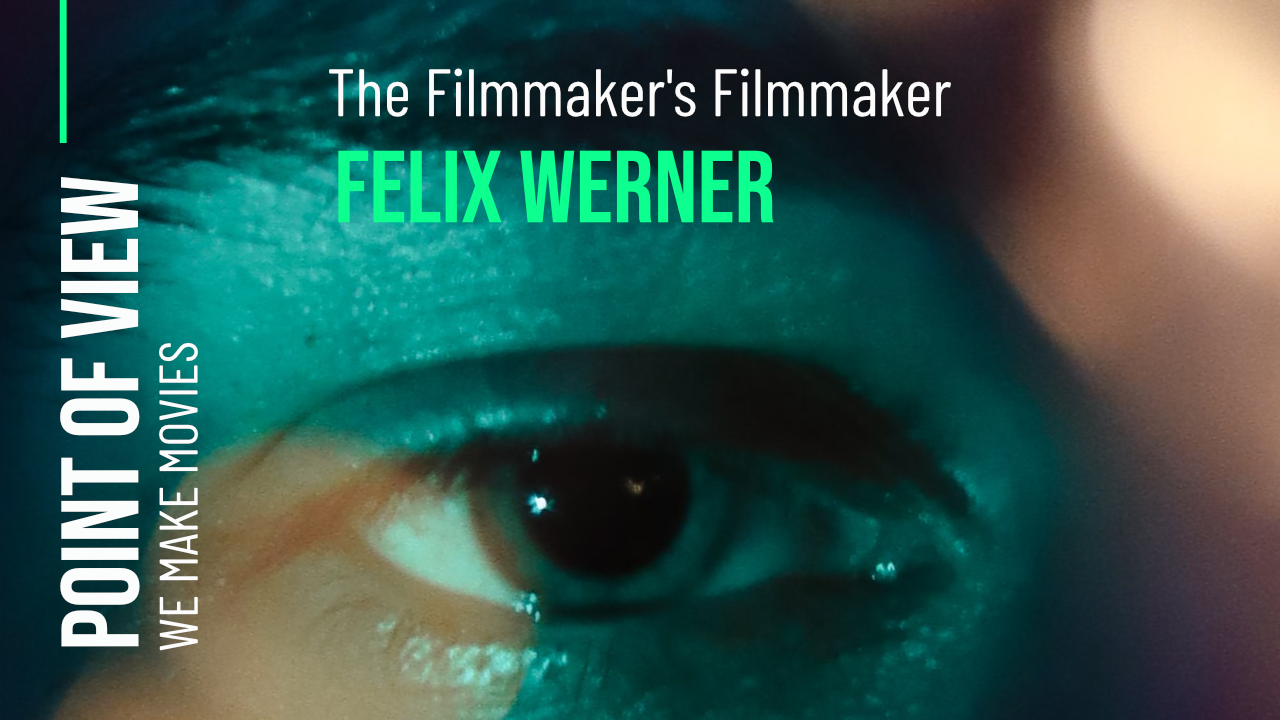
Felix Werner's journey through the arts has taken him down many paths, eventually leading him to carve out his own place in the world of all things indie. Hailing from an illustrious showbiz family (his father was celebrated stage and film actor Oskar Werner, his maternal grandmother was Joan Bennet), he naturally demonstrated a proclivity towards the visual arts, but it wasn't until after studying Art History at UCLA and working in the education and film departments at LACMA that he rediscovered his love for film.
Diving into the studio system in various capacities left Werner wanting more autonomy and creative control so he and his wife Katherine Werner, launched Modern Media Company to bridge that gap. Under the umbrella of MMC they have produced content with a wide variety of styles, formats, and budgets, and Werner has helmed the company as an independent media financier, producer of films and original series, channel creator, and distributor.
Werner's latest endeavor is the
...Why Become A Member? What WMM Can Do For You
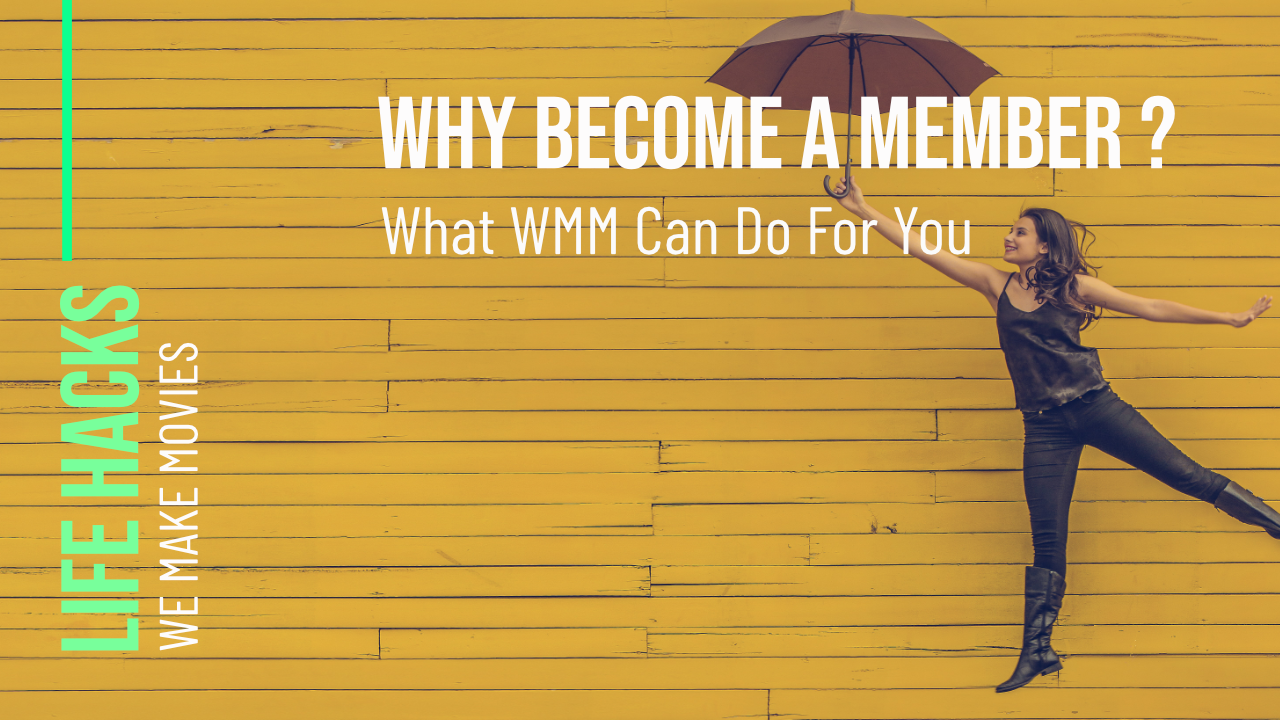
What Level of Membership Is For You?
Writing Film Treatments: Why & How To Write Your Treatment

You have a story to tell, but before you embark on the process of writing the script, consider writing a treatment. A film treatment is a sexy outline of your story, a roadmap, a detailed synopsis of your film or visual project (music videos, commercials, etc.). It contains all the essential elements of your film, such as the core concept behind your story, significant scenes, main character arcs, and crucial plot points. It's purpose is to sell your story to a potential producer or investor but it's a valuable tool as part of the development process as well. It helps you explore the world in which your story lives, aids in nailing down the tone and genre of your project, and allows you to work out other kinks in plot points.
A treatment is the written pitch that can convince the reader, or in the case of our MAKE YOUR FEATURE COMPETITION, our investors (multiple) and producers (that's us - WMM) to want to read the full script. The basics of a treatment include a title, your name...
WMM's Make Your Feature Competition Breaks the Industry Mold

In a sea of film competitions that award starter funds, offer packages towards gear, and sometimes even promise gateways of access to the elusive industry at large, We Make Movies is breaking the mold. We are helming a micro-budget feature film competition - THE MAKE YOUR FEATURE COMPETITION - that will see your project through completion by actually making your movie for $25,000.
WMM has joined forces with investors from Silicon Valley, in search of multiple projects from inventive and resourceful filmmakers. Filmmakers will submit their feature film treatments (stellar concept or completed script) and pitch to investors and the WMM community for the opportunity to develop their story, from inception to completion. At least two winning filmmakers will land cash investments of $25,000 each, in addition to tens of thousands of dollars worth of resources in the form of services, equipment, and more. WMM and the investors will partner with winning filmmakers, as project co-owners to pr...
WMM Tutorials: Make Your Movie Using MetaRecorder

Most people realize that the magical devices in our pockets can be harnessed to capture stunning photography and video content, but there is a world beyond the capabilities of our phones. There are apps for almost anything you want to do these days, but We Make Movies did the research and removed the hassle of weeding through all the clutter, by selecting a few high quality apps to accompany your phone in creating cinematic content on a budget.
Our Smartphone Studio program tours the nation and has also been virtually accessible for the past year, teaching content creators of all ages and walks of life how to make the highest quality films and tell the stories they want to tell. But... did you know we also have a slew of free tutorials that also walk you through the process of filming? We recently covered the use of FilmicPro to achieve professional grade cinematography. Today, we share the tips and tricks behind using Apogee's MetaRecorder app to capture high quality sound on set. Th...
POV: The Artivist Filmmaker - Bijan Machen

Contemporary abstract artist, musician, filmmaker, and educator Bijan Machen is an instrumental player in bringing the eARTh Project to life. As Chief Creative Officer of the We Uplift The World organization, Machen co-created an educational workshop series that taught local youth the importance of cultivating community gardens, cooking healthy food, creating art, and understanding basic economics and business practices. WMM teamed up with the entrepreneur and artivist, by harnessing the power of mobile filmmaking technology and teaching Machen's students how to further apply a more sustainable approach to both filmmaking and life.
A former linebacker for Georgia Tech (where he graduated with a Bachelor of Science in Science, Technology & Culture) and an MFA graduate of Art Center College of Design, Machen works to challenge limiting beliefs and oppressive societal constructs, while supporting education, social justice, mental wellness, and global community through his various medi
...
